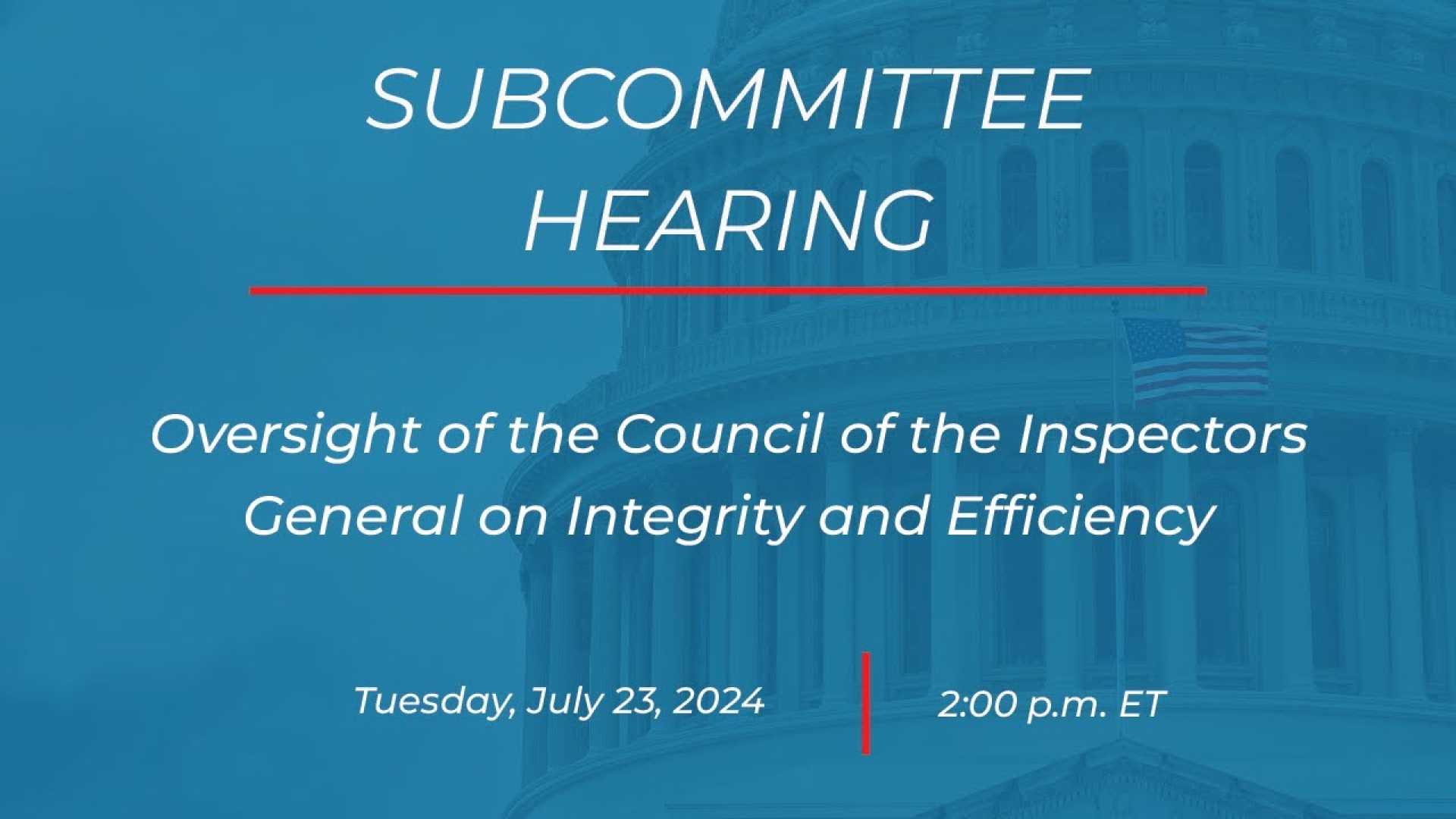Politics
Trump Advisers Weigh Firing Federal Watchdogs, Sparking Oversight Concerns

WASHINGTON — President Donald Trump‘s top advisers have discussed removing independent watchdogs, known as inspectors general, at multiple federal agencies, sources familiar with the conversations told ABC News. The discussions, which began during Trump’s transition to the White House, have raised concerns about the potential erosion of government oversight.
Inspectors general, who investigate waste, fraud, and abuse across federal departments, can be fired by the president but only after notifying Congress 30 days in advance with a reason for the removal. In 2022, Congress strengthened protections for these watchdogs, making it harder to replace them with politically aligned officials.
“It would essentially be removing this critical component of oversight and it really leaves the American public vulnerable to corruption and abuse of power,” said Faith Williams, director of the Effective and Accountable Government Program at the Project on Government Oversight.
During his first term, Trump replaced several inspectors general with political loyalists, including five over six weeks in 2020. Among them was Michael Atkinson, the inspector general for the intelligence community, who was fired after transmitting a whistleblower complaint that led to Trump’s first impeachment. Trump criticized Atkinson, calling his actions “terrible” and claiming the whistleblower report was “fake.”
Trump also fired State Department Inspector General Steve Linick at the request of then-Secretary of State Mike Pompeo, who was under investigation by Linick’s office. “I don’t know anything about him, other than the State Department, or Mike in particular, weren’t happy with the job he was doing,” Trump said at the time.
Inspectors general serve as nonpartisan watchdogs, with nearly half of the 74 federal IGs nominated by presidents. By law, they must be hired based on integrity and expertise, not political affiliation. Currently, nearly a dozen inspector general positions remain vacant, including at the Treasury and Commerce Departments and the National Security Agency.
Senate Judiciary Committee Chairman Chuck Grassley, R-Iowa, a longtime advocate for inspectors general, emphasized their importance. “Inspector generals are expected to be independent of political pressure, independent of the head of the agency, and to make sure the law is enforced and money is spent appropriately,” he told ABC News.
Historically, the removal of inspectors general has sparked bipartisan backlash. In 1981, President Ronald Reagan dismissed more than a dozen IGs, prompting criticism from both Republicans and Democrats. Reagan later rehired some of the ousted watchdogs.
Trump’s first transition team also considered removing inspectors general, according to a 2017 email obtained by the House Oversight Committee. The email instructed transition officials to inform IGs they were “being held over on a temporary basis.”
As president, Trump repeatedly criticized inspectors general, including calling it “insane” that Pentagon IG reports were publicly released. “For these reports to be, to be given out, essentially — forget about the public — given out to the enemy is insane,” he said during a 2019 Cabinet meeting.
The White House did not respond to a request for comment on the current discussions. The potential removal of inspectors general could reignite debates over the balance of power and accountability within the federal government.












